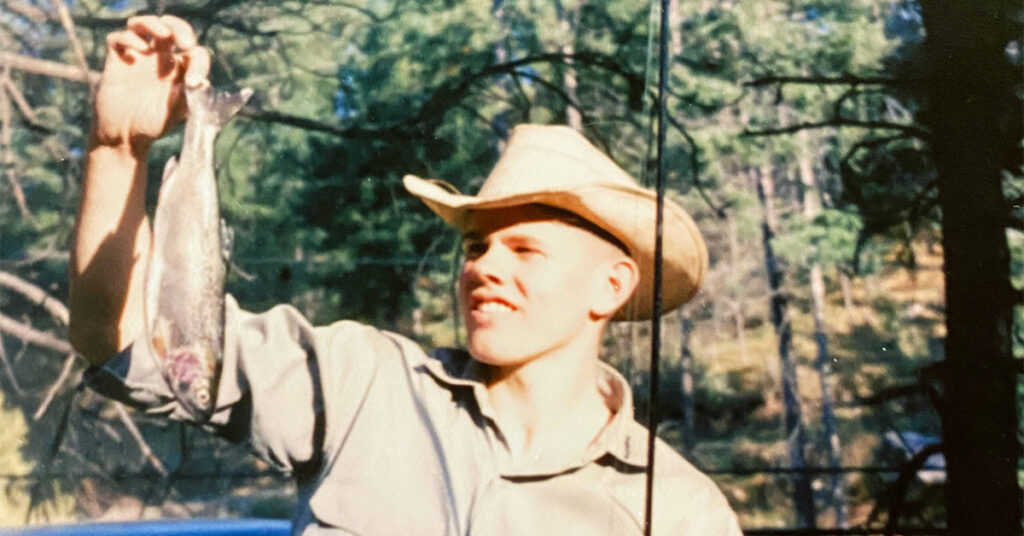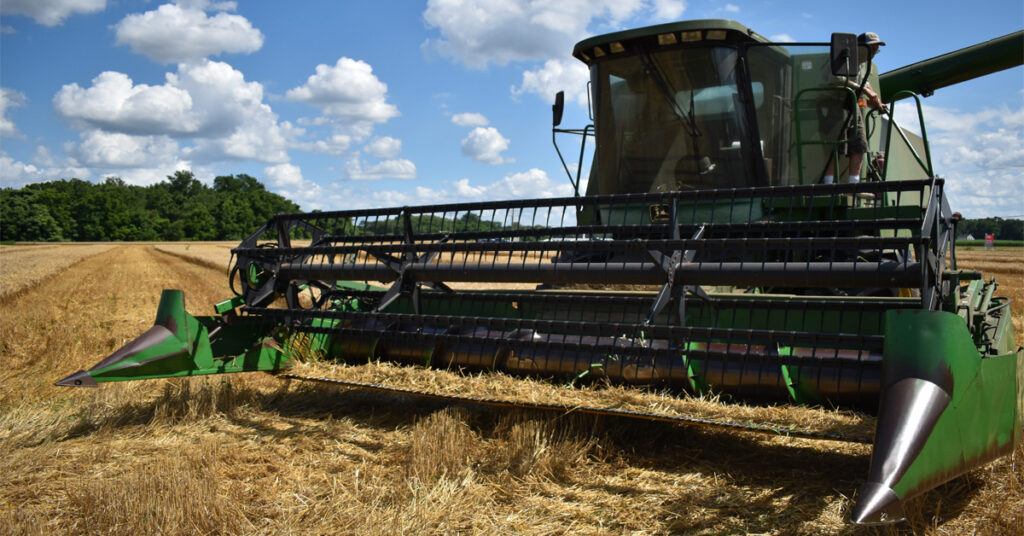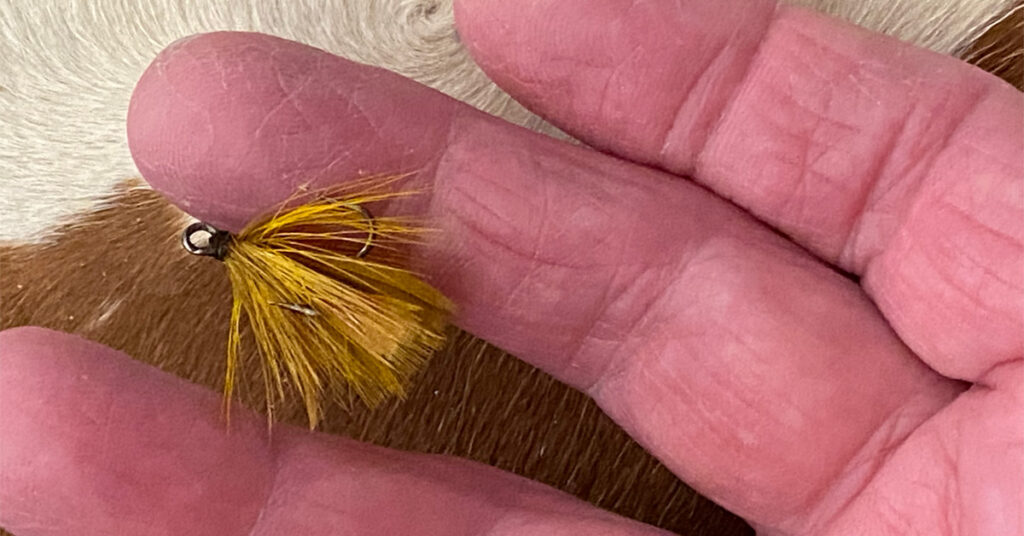Joel 3:10b
I must begin by recognizing that the song, “Let The Weak Say I Am Strong,” taken from Joel 3:10, has become a popular song. I am writing about this only from my experience sitting in church when this is sung. Even though I understand what Joel is saying, and can see this song is out of context, I notice the joy and excitement of the singers around me as they sing it. Of course I am not against joy in the house of the Lord. So I am faced with the question, “Do I say anything or not?” Should people speak out about what goes on at their church? When most of what goes on at the church is good, I hate to bring up something that bothers me. Am I being judgmental? Maybe I should let someone else speak up. After a few more agree, I can agree with them. Then it would be a positive thing, especially if it becomes a popular belief.
As a teenager, I brought up a question in Sunday School class. The preacher’s daughter said, “We don’t ask questions like that.” I guess she said that because there was not an answer to the question. Recently I heard someone that was concerned about people speaking out their ideas in church. I certainly agree that we should beware of false doctrine. This man’s standard of truth was that anything said must always agree with the community. I am concerned about what the community believes. All communities don’t agree. Everybody doesn’t agree that the Pope is infallible. I would suggest that the community isn’t always right. The Word of God is the only true standard for truth.
Let’s assume that the community, the church, is trying to follow the Word of God but is in error on something. I am asking the question, “Do we say anything?” Even more directly, “When do we say anything?”
Jesus answers this question in the parable of the tares in Matthew 13:24-43. Jesus had just given the parable of the good seed. The good seed is, “the word of the kingdom” (Mt.13:19). This good seed falls on different kinds of people. All of these people types can be in the church.
In the parable of the tares, we see another problem. The tares are not wheat. They are actually, “the children of the wicked one”(Mt.13:38). How did the wicked ones get in the wheat? Matthew 13:25 and 13:28 show us that an enemy sowed the tares into the wheat at night.
This actually happened to a farmer I worked with. One night a disgruntled neighbor came and put rye seed in the wheat seeders. The rye came up in a small area of the field. Rye is hard to get rid of. In a number of years it multiplied throughout the crop. It became so bad that a whole truck load of rye was harvested one year.
In the parable, the servant was able to see these tares in the wheat (the tares actually look a lot like the wheat). The servant spoke up and asked the owner if these tares should be removed. The answer was no! When you gather up the tares you might root up the wheat also.
We see that in the twelve disciples one was a devil. Jesus pointed this out. Jesus did not say his name, but He did hint who it was. To make a big scene over it could have taken away from the important things of the Last Supper. In the end, none of the disciples went to be crucified with Him. False doctrine, error, and whatever else the enemy sows will one day be done away with. In the end, the church will be a glorious church without spot or wrinkle.
My conclusion is that there is a time to speak out against error. We can certainly take it to the Lord of the harvest in prayer. In the end, He will see that it is taken care of. Let’s press forward with the truth and work in the harvest field that is now ripe. By the way, not all music is inspired of God. Satan is good at music too. Above all, let us love one another. If I don’t agree with the song, I don’t sing. It is a good time to talk to the Lord about it. “Let The Weak Say I Am Strong” is a very good song. It has great words that express biblical truth. I like the song. So why did I go into all this? Yes, it is just a small matter. However, the words of Joel do not reflect the same meaning that the song does. In Joel, the words are for the enemy nations against Israel. God is calling them to come after Israel. Let the weak say I am strong. That way they will come to their own destruction.
With the many new translations that are circulating, I feel it is important that we know what the Word really says. We are in danger of saying, “Oh well, it all means the same thing.” In Revelation 22:18 and 22:19 there is a severe warning about adding to or taking away words from this book.
One thing about speaking up is that it gets the ball rolling. We might find out that we are the one that misunderstands. Nobody is right all the time. If we seek the truth together and love one another, there is bound to be a good harvest. Praise the Lord, the truth does set us free.




